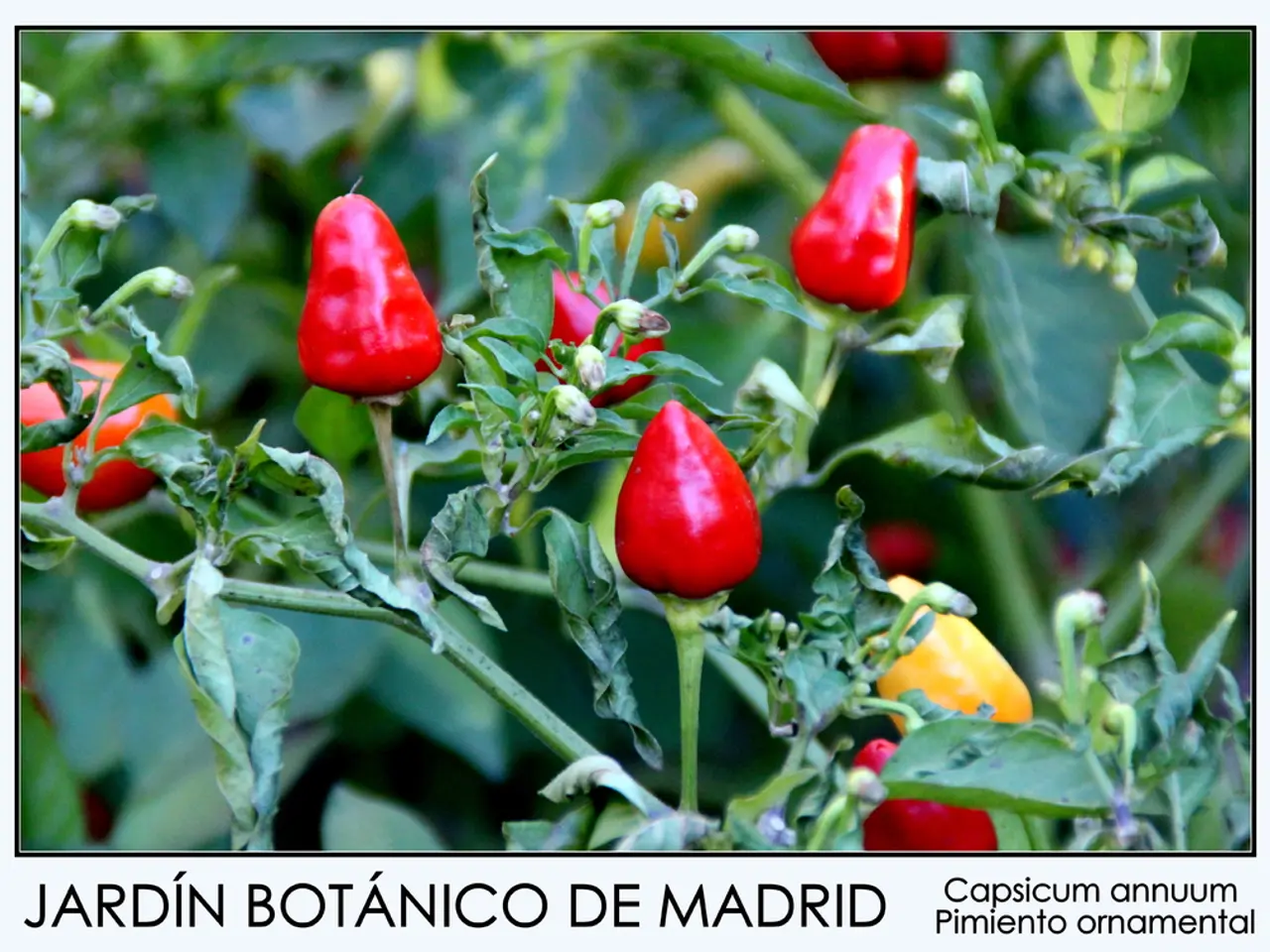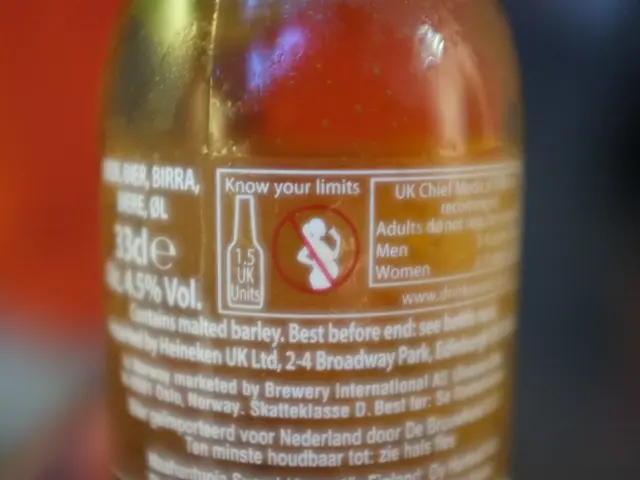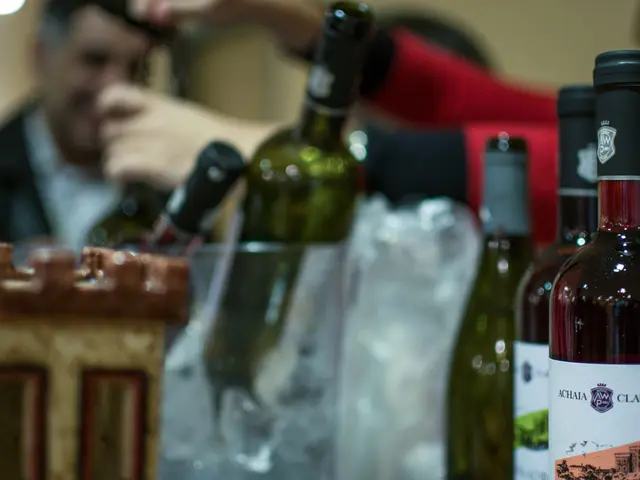Emerging Biopesticides on the Horizon: Will EU Regulations Adapt in Time?
The agricultural landscape of Europe is facing a crisis, with increasing pest pressures and the disappearance of chemical crop protection options[1]. This has led to a growing demand for innovative, sustainable solutions. One such solution, peptide-based biopesticides, are currently facing a major regulatory bottleneck in Europe due to their misclassification as synthetic chemical pesticides[2].
The Farm to Fork Strategy, the Green Deal, and efforts to reduce synthetic pesticide use in the EU have faltered due to outdated regulatory definitions[1]. This creates a significant obstacle for peptide-based products, despite their natural origin and low-risk profiles, thereby discouraging innovation in this promising crop protection area.
However, some progress has been made through Emergency Use Authorizations (EUAs), which allow temporary use of peptide-based bioinsecticides like Vestaron’s SPEAR® LEP in specific countries (Greece, Italy, Portugal) and crops (tomatoes, olives) to combat particular insect pests[2][3]. These EUAs provide growers with access to novel and sustainable pest control solutions amid rising resistance to traditional chemicals.
The European Commission has indicated intent to accelerate biopesticide market access via new regulatory frameworks expected soon. For these to unlock the full potential of peptides, the legislation must explicitly include them. Without this, peptide-based insecticides risk being sidelined despite their alignment with EU climate and sustainability goals[1].
Juan Estupinan, the President and CEO of Vestaron Crop Protection, underscores the importance of this issue. With an MBA from Northwestern University's Kellogg School of Management and a background in biotech firms like Aptinyx, Durata Therapeutics, and Abbott, Estupinan is well-equipped to lead the charge for peptide-based biopesticides[4].
Peptides, he explains, are a critical part of the solution for the growing ineffectiveness of older chemistries and the lack of viable new tools. They are scientifically validated, commercially viable, and already in use around the world. Vestaron has developed nature-inspired peptide biopesticides that are biodegradable and highly selective, targeting specific insect pests while preserving pollinators and beneficial species[5].
The future includes a broader spectrum of nature-inspired solutions, and peptides must be recognized among them. The EU risks falling behind in agtech innovation if it does not modernize its crop protection approval processes. By acting boldly and inclusively to ensure a clear pathway for peptide-based products and allocating resources for their effective evaluation, Brussels can help usher in a new era of sustainable agriculture in Europe.
References:
[1] European Biostimulants Industry Council (EBIC). (2021). European Biostimulants Market Report 2021. Retrieved from https://ebic-biostimulants.eu/wp-content/uploads/2021/06/EBI_Market-Report_2021.pdf
[2] European Food Safety Authority (EFSA). (2020). Guidance on the data requirements for the evaluation of plant protection products containing micro-organisms, micro-organism preparations and other microbiological substances. Retrieved from https://efsa.onlinelibrary.wiley.com/doi/pdf/10.2903/j.efsa.2020.5861
[3] European Commission. (2020). Commission Delegated Regulation (EU) 2020/1816 of 16 September 2020 supplementing Regulation (EU) No 540/2011 of the European Parliament and of the Council as regards the list of pesticides referred to in Article 49(1) of that Regulation. Retrieved from https://ec.europa.eu/food/sites/food/files/plant_health/docs/pesticides_active_substances_list_2020_en.pdf
[4] Vestaron Crop Protection. (2021). Juan Estupinan. Retrieved from https://vestaron.com/team/
[5] Vestaron Crop Protection. (2021). Our Science. Retrieved from https://vestaron.com/science/
- The health-and-wellness of European agricultural landscapes could potentially improve with advances in technology, particularly in the development of peptide-based biopesticides that offer sustainable solutions to the crisis of increasing pest pressures and the disappearance of chemical crop protection options.
- Political efforts, such as the European Commission's intention to accelerate biopesticide market access via new regulatory frameworks, are valuable steps towards encouraging innovation in fitness-and-exercise areas like crop protection, provided they explicitly include peptides in their legislation to ensure their full potential is unlocked.
- In the realm of general news, the EU's handling of the regulatory bottleneck faced by peptide-based products could signify a pivotal moment for the science sector, as decisions made now could determine the EU's position in agtech innovation and its ability to usher in a new era of sustainable agriculture.






